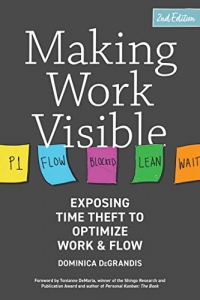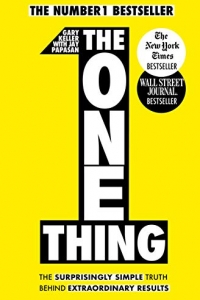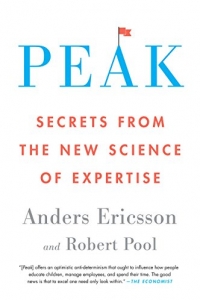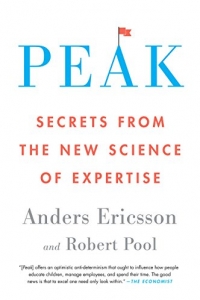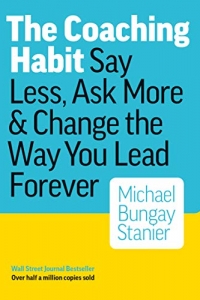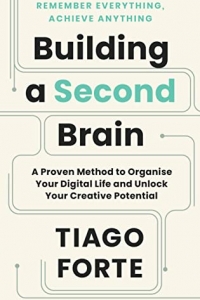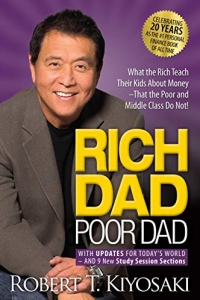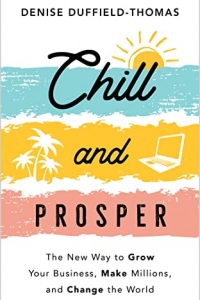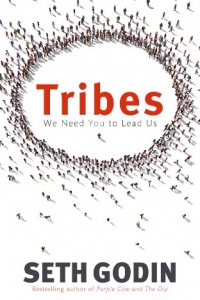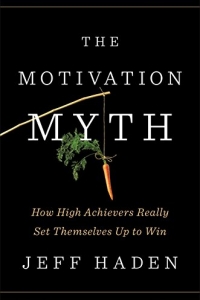Work Pray Code: When Work Becomes Religion in Silicon Valley (2022)
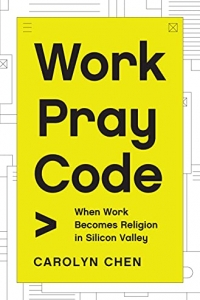
- Auteur: Carolyn Chen
- Editeur: Princeton University Press (8 mars 2022)
- Pages: 260 pages
- Langue: Français
Description du livre Work Pray Code: When Work Becomes Religion in Silicon Valley (2022):
How tech giants are reshaping spirituality to serve their religion of peak productivity
Silicon Valley is known for its lavish perks, intense work culture, and spiritual gurus. Work Pray Code explores how tech companies are bringing religion into the workplace in ways that are replacing traditional places of worship, blurring the line between work and religion and transforming the very nature of spiritual experience in modern life.
Over the past forty years, highly skilled workers have been devoting more time and energy to their jobs than ever before. They are also leaving churches, synagogues, and temples in droves—but they have not abandoned religion. Carolyn Chen spent more than five years in Silicon Valley, conducting a wealth of in-depth interviews and gaining unprecedented access to the best and brightest of the tech world. The result is a penetrating account of how work now satisfies workers’ needs for belonging, identity, purpose, and transcendence that religion once met. Chen argues that tech firms are offering spiritual care such as Buddhist-inspired mindfulness practices to make their employees more productive, but that our religious traditions, communities, and public sphere are paying the price.
We all want our jobs to be meaningful and fulfilling. Work Pray Code reveals what can happen when work becomes religion, and when the workplace becomes the institution that shapes our souls.
Commentaires
In Carolyn Chen’s Work Pray Code: When Work Becomes Religion in Silicon Valley, she argues that work has become the new religion, a place where employees go to find meaning, transcendence, and deep connections with others. While some argue that The Great Resignation is a sign that workers are abandoning Work-As-Religion, Carolyn Chen posits that the hunger for finding meaning and community at work has never been stronger, based on her interviews with people who work in Silicon Valley.
Many of these employees and employers hire Buddhist mindful counselors and spiritual advisers as if having such spiritual leaders is a requirement for both substance and image in such workplaces. Even Taco Bell, Pizza Hut, and Walmart hire chaplains to address the employees’ spiritual needs.
In 1990, 8% of Americans said they have no religious affiliation. Today that number has jumped to 25%. As a result, Chen observes that Americans don’t go to work to sell their souls but to find their souls. As a result, there is no work-life balance. Now a 65-hour work week is “typical.”
Work becomes the god. In contrast, white-collar work in the 50s was soul-crushing and Americans found peace and connection in their religious community. Now that the religious community is eroding, work is taking the place of such a community.
Those in the upper-income brackets are more likely to like their jobs and to see their workplace as a spiritual haven.
The job sites have a mission, a higher purpose, and even like Marvel superheroes, an “origin story.” In the new global economy, if you don’t have an origin story to strengthen your brand, you are irrelevant.
Chen quotes sociologist Arlie Hochschild who reports that today more Americans are meeting their social needs more at work than they are in their families.
Chen is makes a persuasive case that the rise of business as a place to meet love, spiritual, friendship, and emotional needs is taking the place of religion and even the family.
Chen traces a direct line between high income and the job site as a place of spiritual meaning, identity, and connection.
Chen coins the term Techtopia: an engineered society that gives people the highest fulfillment at work by colonizing the functions of other social institutions.
In other words, the spiritual nourishment of the holy temples and family has been spiritually appropriated by work.
Most of the workers Chen interviewed are tech migrants, those who traveled great distances to work in the tech industry. They left friends and family behind. Therefore, they are hungry for connection, and they find it at work.
The goals of corporate maternalism are threefold: strengthen emotional bonds to the company, help employees avoid job burnout, and obscure the line between the boss and the underling in order to create a family atmosphere.
Corporate maternalism become a form of authoritarianism and in its extreme, it is the influence of the hit Apple TV show Severance.
Chen chronicles the workplace as a “Techtopia” where all of one’s emotional, spiritual, and physical needs are met by “corporate maternalism.” One of the key features of corporate maternalism is feeding your employees. As an employee at a hot tech company, you can eat breakfast, lunch, dinner, and snacks from a celebrity gourmet chef and be so satisfied that you don’t even have to waste time and money on grocery shopping. You don’t even have to go home to face meal preparation or kitchen cleanup. The perk attracts talent and keeps it there.
However, Chen observes that corporate maternalism is often phony. She asks the question: What use is a yoga studio when your boss wants you to work 16 hours a day?
For a book about how the cult of work has merged with the cult of identity and how the tech industry trends are leading the way for the rest of American business, Chen has presented a persuasive, readable book.
5/5
Télécharger Work Pray Code: When Work Becomes Religion in Silicon Valley (2022) gratuit
Livres similaires
